The vagina is remarkably good at taking care of itself.
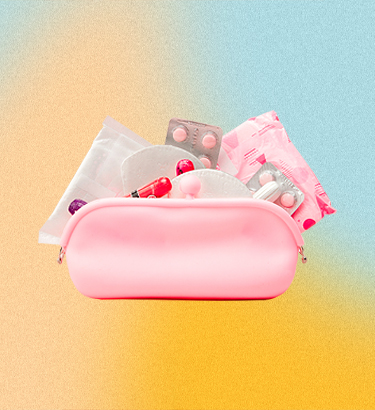
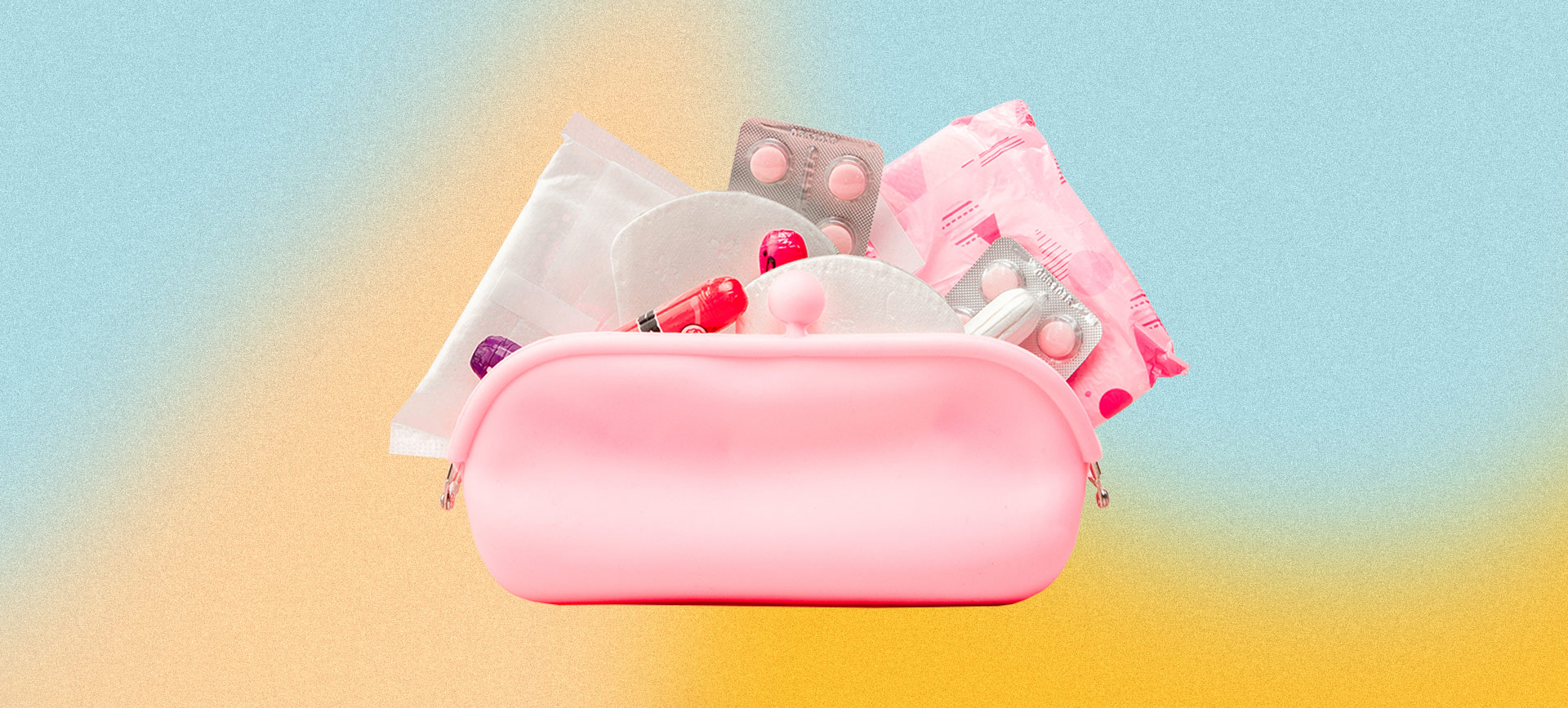
Health and Hygiene of the Vagina: An Owner's Manual
As a vagina owner, understanding how to keep your lady bits healthy is essential. If you're unsure what that looks like, don't stress—we got you.
With an endless offering of products and supplements, coupled with internet information overload, maintaining the health and hygiene of your vagina can seem overwhelming. However, you'll be happy to hear that keeping your vagina clean is pretty simple—it's all about self-care. The vagina is remarkably good at taking care of itself, and many problems women deal with are the result of interfering with the vagina's natural plan for itself. Nevertheless, there are some key things you should know to be able to tell normal from abnormal operation, so you can seek help when appropriate and protect yourself from common vaginal problems.


We'll start with the basics. What is vaginal pH? The designation is a measure of how acidic or alkaline an environment is. A healthy vagina maintains an acidic environment, with a pH around 3.8 to 4.5, due to lactobacilli, natural vaginal bacteria that kill unhealthy organisms and prevent infections. The pH can be disrupted by a wide variety of causes: antibiotics, steroids, birth control, cervical cancer, diabetes, even douching. A pH above 4.5 may be a sign of a medical problem or infection, though pH is also elevated during your period and after menopause. Don't go running to the pharmacy for test strips. Just pay attention to signs your pH might be off, such as vaginal itching or odor. Discharge—an important indicator of vaginal health that can tip you off when something is awry—varies in amount, texture and color for every woman, but is typically clear or milky white. During ovulation, it may be more watery, like egg whites. Increased discharge during breastfeeding, ovulation and sexual arousal is normal. Alarming signs of a problem include a green or gray color, tinges of blood, a cottage-cheese-like consistency, a foul smell, or itching or burning. The most important point here is to know what's usual for you and taking note when something changes.
Vaginal odors are produced by the (good) bacteria that live in there.

News flash: Vaginas have a scent, and they're supposed to. Every vagina smells a bit different—usually tangy, musky, sweet, sour, fermented, metallic or bitter. Your vagina isn't supposed to smell like flowers or soap or perfume, and attempting to alter Mother Nature may actually do harm. Vaginal odors are produced by the (good) bacteria that live in there, which thrive in the moist, warm environment, and which produce that distinct scent. However, a fishy or rotten smell may be a sign of an infection such as bacterial vaginosis or trichomoniasis, or might even be caused by a foreign object (like a forgotten tampon—eek!), all of which require medical attention. If you (or your partner) notice your vaginal odor has significantly changed, it's probably worth seeing a doctor just to be sure everything is OK down there.

A fishy or rotten smell may be a sign of an infection.

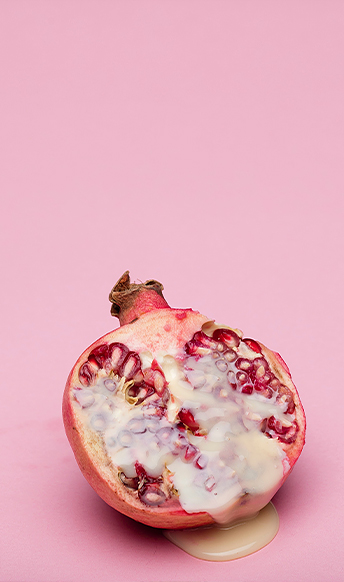
Of course, there are times when your vaginal health might suffer some complications. Getting screened for STIs and infections is never fun, but it's essential when you're experiencing symptoms. Cottage-cheese-like discharge with vaginal itching and irritation? Sounds like a yeast infection, most often caused by the fungus candida albicans. They're extremely common (3 in 4 women get them at some point), and have myriad causes. Fishy-smelling gray discharge with itching and burning? Could be an indication of bacterial vaginosis (BV), an infection caused by overgrowth of harmful bacteria, which often results from douching or sex with a new partner. Fishy odors can be caused by trichomoniasis, another STI caused by a protozoan parasite. Urinary tract infections (UTIs) are extremely common in women, particularly when pregnant or in perimenopause. They're caused be an infection of bacteria in the urethra, sometimes the result of bacterial exposure during sex. Help avoid them by peeing immediately after intercourse and always wiping from front to back. All of these conditions require evaluation for diagnosis and treatment, and you shouldn't have sex until symptoms have cleared.
Gynecologists recommend against douching—it can kill good bacteria and result in yeast and other infections.
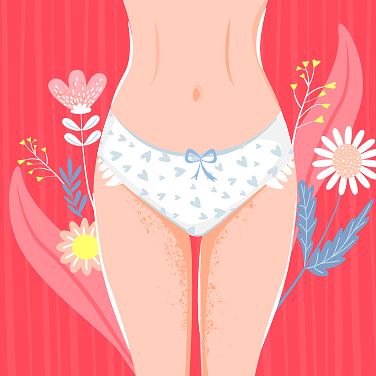
All in all, keeping your vagina healthy and clean isn't too much work. Start by practicing safe sex—contracting an STI can cause a plethora of complications, from infertility to cancers. Use condoms: Latex works best, natural condoms don't protect against STIs. Use lube—it reduces friction and risk of STI contraction, and it makes sex better. If you're enjoying sex toys (strongly recommended), make sure they're certified Body-Safe, with no harmful chemicals. Clean them appropriately every time, and never use silicone-based lubes with silicone toys.
Gynecologists recommend against douching—it can kill good bacteria and result in yeast and other infections, as well as lead to worse vaginal odors over time. Similarly, don't use any anti-odor powder or spray that's not approved by your gynecologist. External-only products can safely help you keep your vulva clean: Look for doctor-approved sensitive-skin bath bars, washes or cleansing wipes. Most important, wear breathable (cotton or silk) underwear, change and shower after working out or getting sweaty—and, again, practice safe sex.
Your vagina is just about your most intimate place, and left to do its thing, can manage quite well on its own. Tune in to your body, be aware of any messages it's sending you, and do your part to keep things clean, healthy and happy.
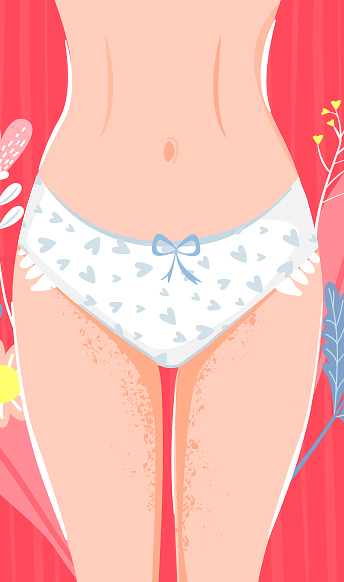
Your vagina is just about your most intimate place, and left to do its thing, can manage quite well on its own.









